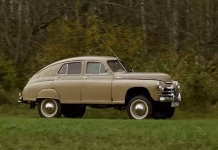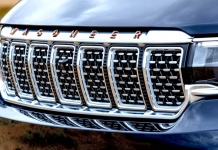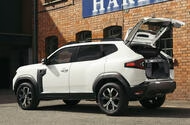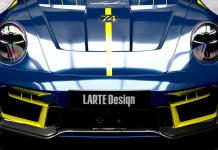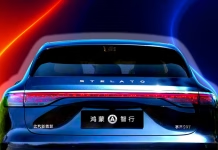GAZ off road sedan transformed with 14 reinforced panels for rugged adventures

Jeep recall affects over 160000 Wagoneer SUVs for loose window trim hazard
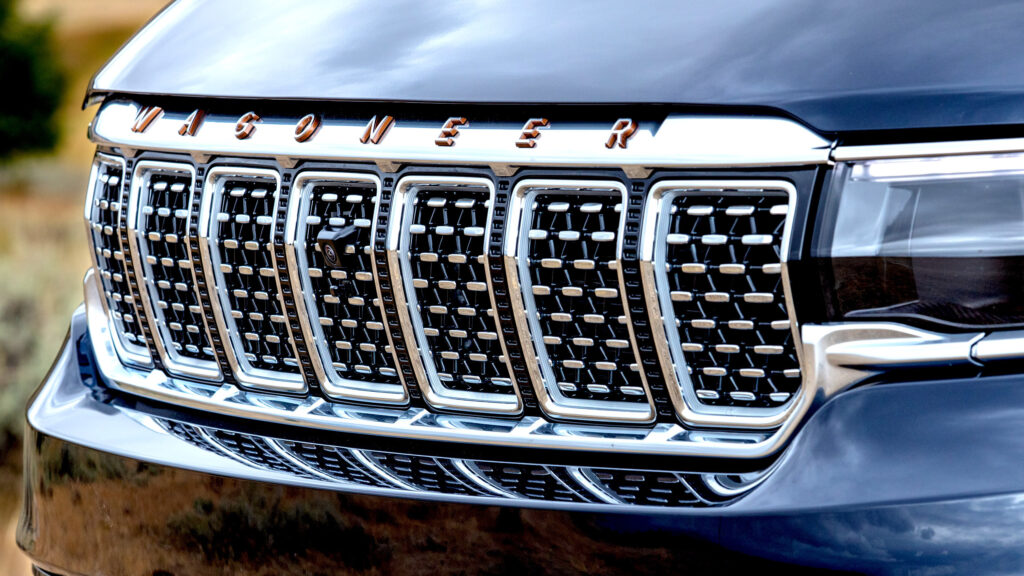
Audi history revealed the story behind the iconic four rings logo
Dacia Duster Hybrid Van Launches With Impressive Cargo Space and Versatile Power Options
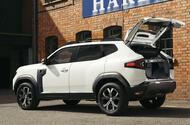 New Duster Cargo offers choice of mild-hybrid or full-hybrid power; deliveries begin this winter
New Duster Cargo offers choice of mild-hybrid or full-hybrid power; deliveries begin this winter
Dacia has revealed a van variant of its new Duster SUV, priced from £22,995 (excluding VAT).
The van trades the passenger version’s rear seats for a flat wooden floor and four lashing points for securing large cargo, and the load bay is separated from the cockpit by a mesh bulkhead.
The tweaks give the commercial Duster an 1149-litre load capacity - almost as much as the similarly conceived Toyota Corolla Commercial, which is the closest comparable car-based van currently on sale.
To ensure privacy, the electric rear windows are swapped for fixed items tinted opaque black, and there's a removable load cover.
The Duster Cargo is available with a choice of two petrol powertrains: a mild hybrid with four-wheel drive and a full hybrid that drives only the front wheels.
The mild hybrid uses a turbocharged 1.2-litre three-cylinder engine that puts out 128bhp and 170lb ft of torque. This is paired with a six-speed manual gearbox and yields 46.3mpg.
The full hybrid, meanwhile, uses a naturally aspirated 1.8-litre four-pot that, together with two electric motors, produces 153bhp and 151bhp. This set-up nets 59mpg.
Payload capacities are rated at 410kg for the mild hybrid and 430kg for the full hybrid.
However, the mild hybrid can tow up to 1.5 tonnes, while the full hybrid is capped at half that.
The Duster Cargo will be offered in one trim level, Expression, bringing 17in alloy wheels, a six-way-adjustable driver’s seat and a 10.1in infotainment touchscreen with Apple CarPlay and Android Auto.
The mild hybrid costs £22,995, while the full hybrid is £600 more.
Customer deliveries are earmarked to begin before the end of the year.
Nissan Leaf faces production cuts as battery shortage delays affordable EV launch

Porsche 911 Carrera Gets Bold Makeover With Larte Design Bodykit and Giant Rear Wing
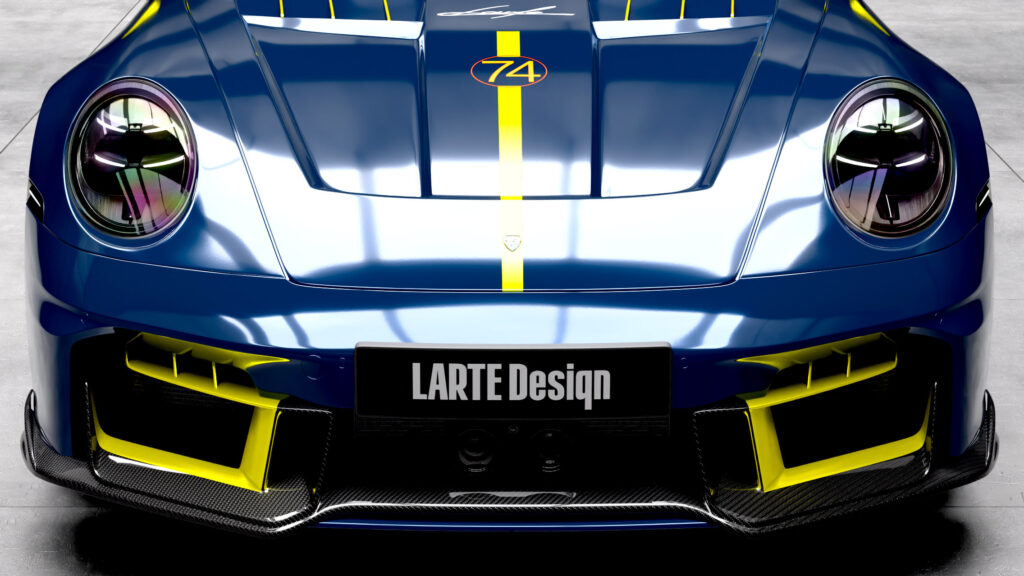
Directional wheels are disappearing and car enthusiasts are not happy
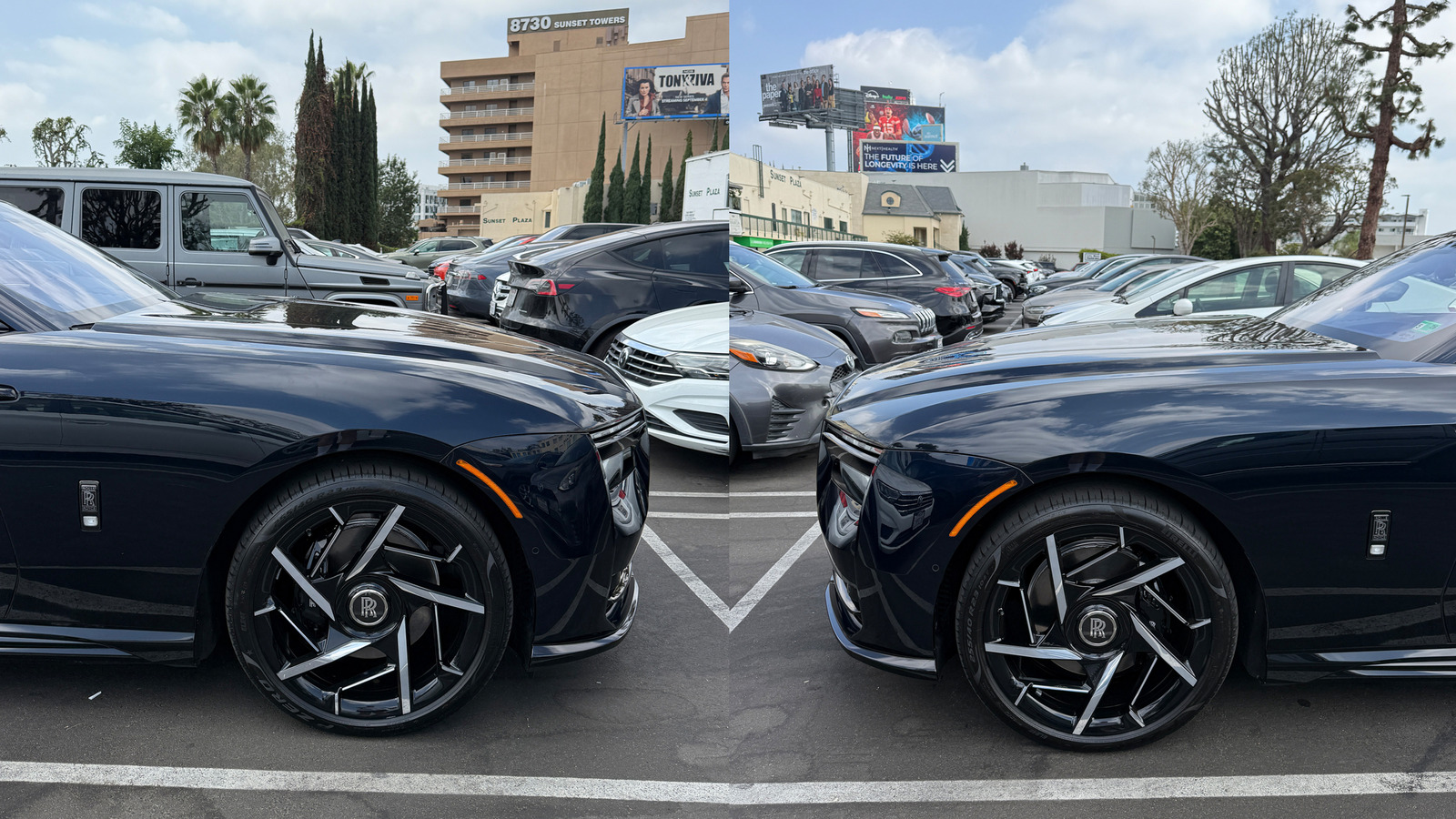
Fastest Cars Ever Made Pushing the Limits of Speed on the Road
 The Ferrari F40 cracked 200mph all the way back in the '80s. Things have come on quite a lot since then...
The Ferrari F40 cracked 200mph all the way back in the '80s. Things have come on quite a lot since then...
When cars first hit the roads in the 1800s, the fastest models - such as Karl Benz’s Patent Motorwagen - could just about reach 10mph. On a good day, with a light driver. And a strong tailwind.
Fast forward less than 150 years and we’ve topped that to more than 300mph. Or to put into perspective, when Bertha Benz drove that Motorwagen 66 miles and became the first person to drive a car for any prolonged distance, she would have just about travelled at 4.4 metres per second. Andy Wallce - behind the wheel of a Bugatti Chiron - has hit a blistering 136 metres per second.
Reaching these extreme speeds is no easy feat. There are only a few places in the world where cars can safely hit their top speed. Yet still, manufacturers such as Bugatti, SSC, Hennessey, and Koenigsegg continue to battle for the title of the world’s fastest car.
With that in mind, here’s a look at the fastest production road cars, based on official manufacturer figures, tested on airfields or dedicated tracks.
China crackdown targets EV disinformation as automakers and government fight online attacks
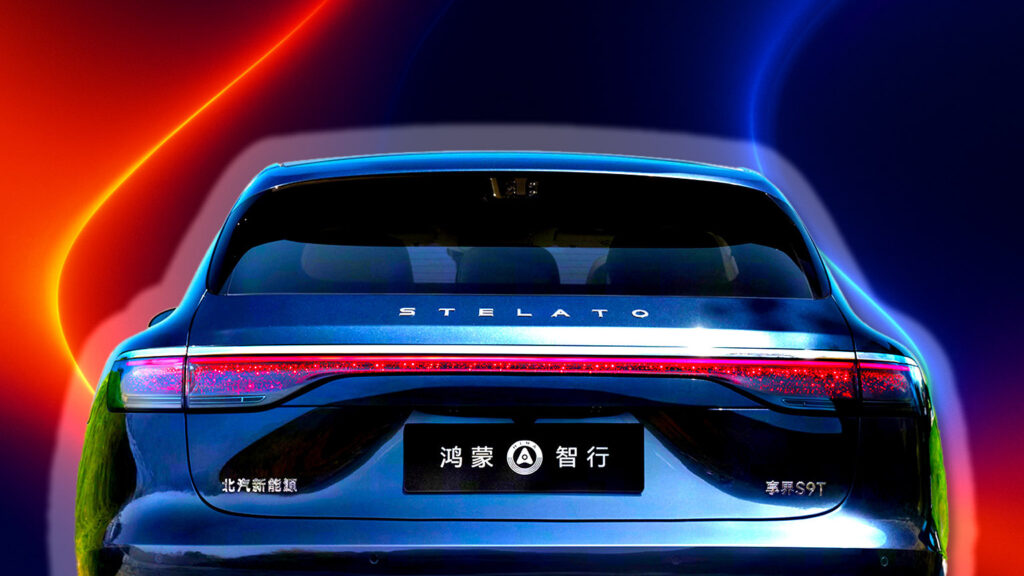
Tesla Full Self Driving May Fail to Stop at Railroad Crossings


